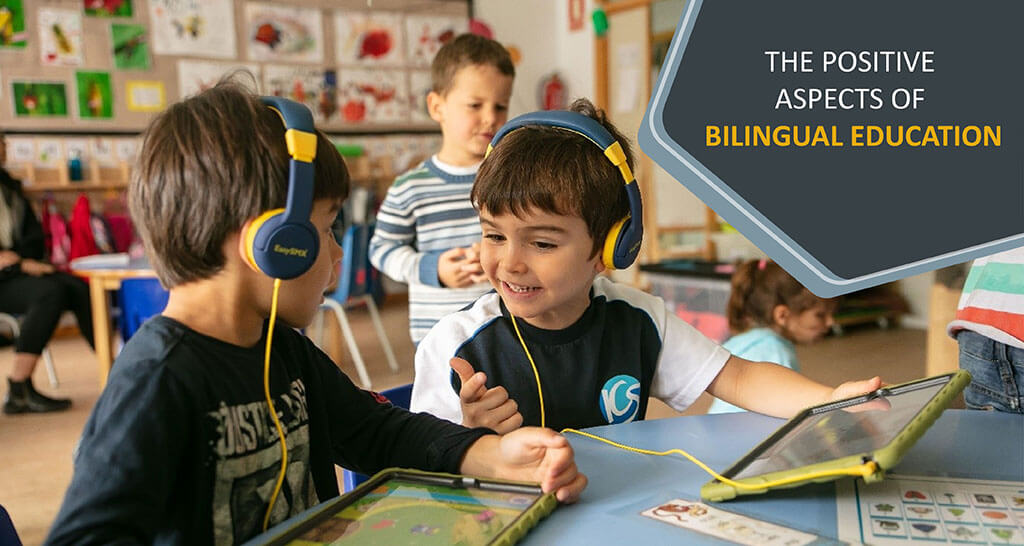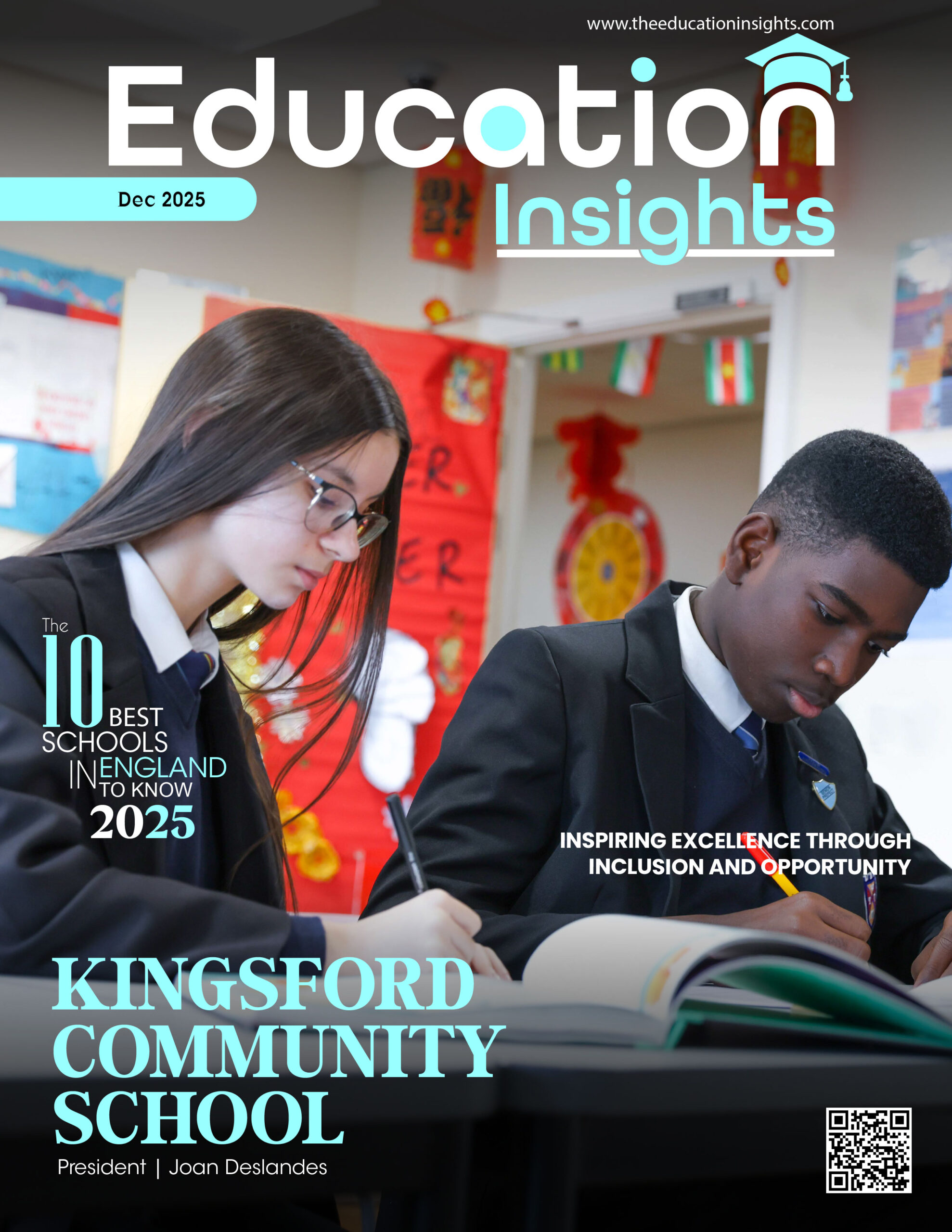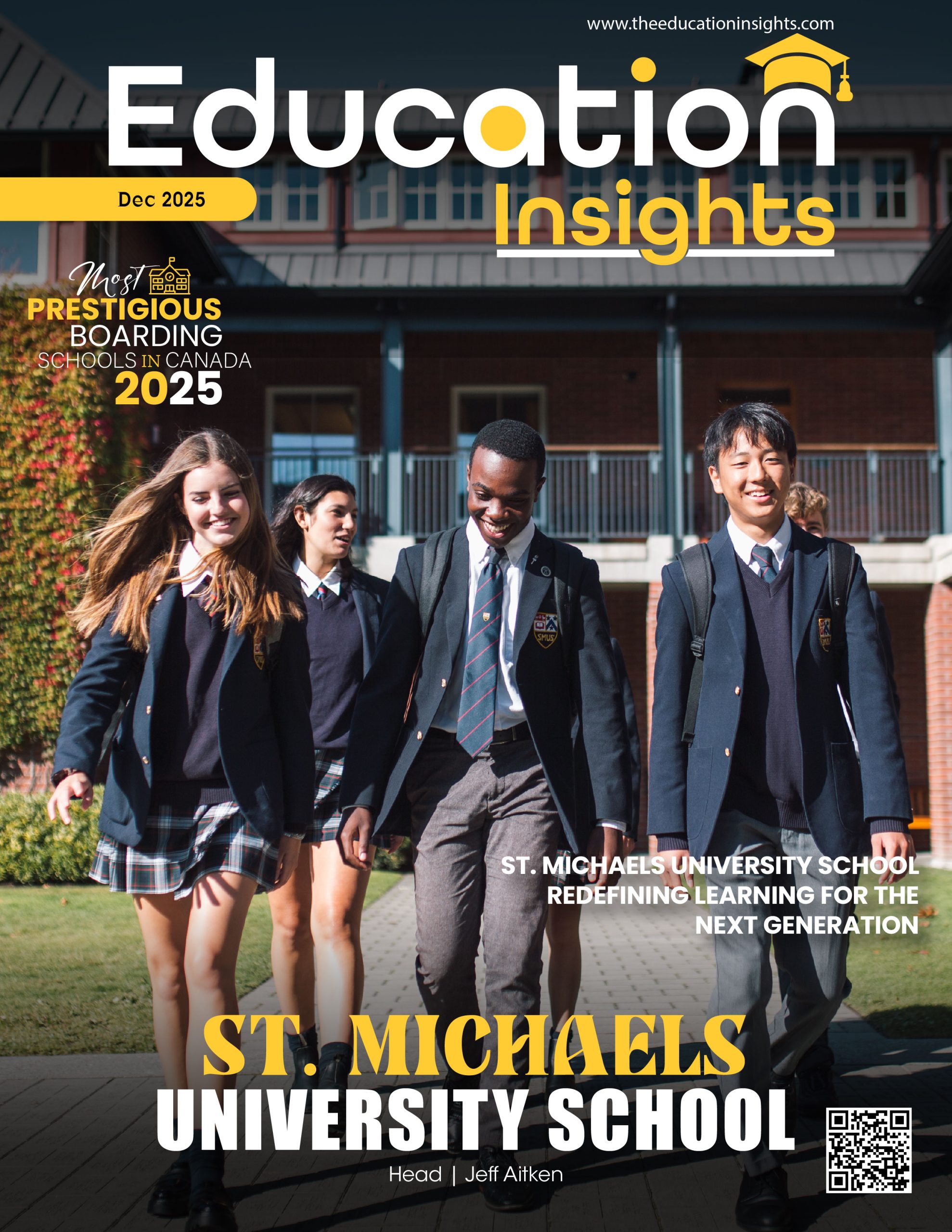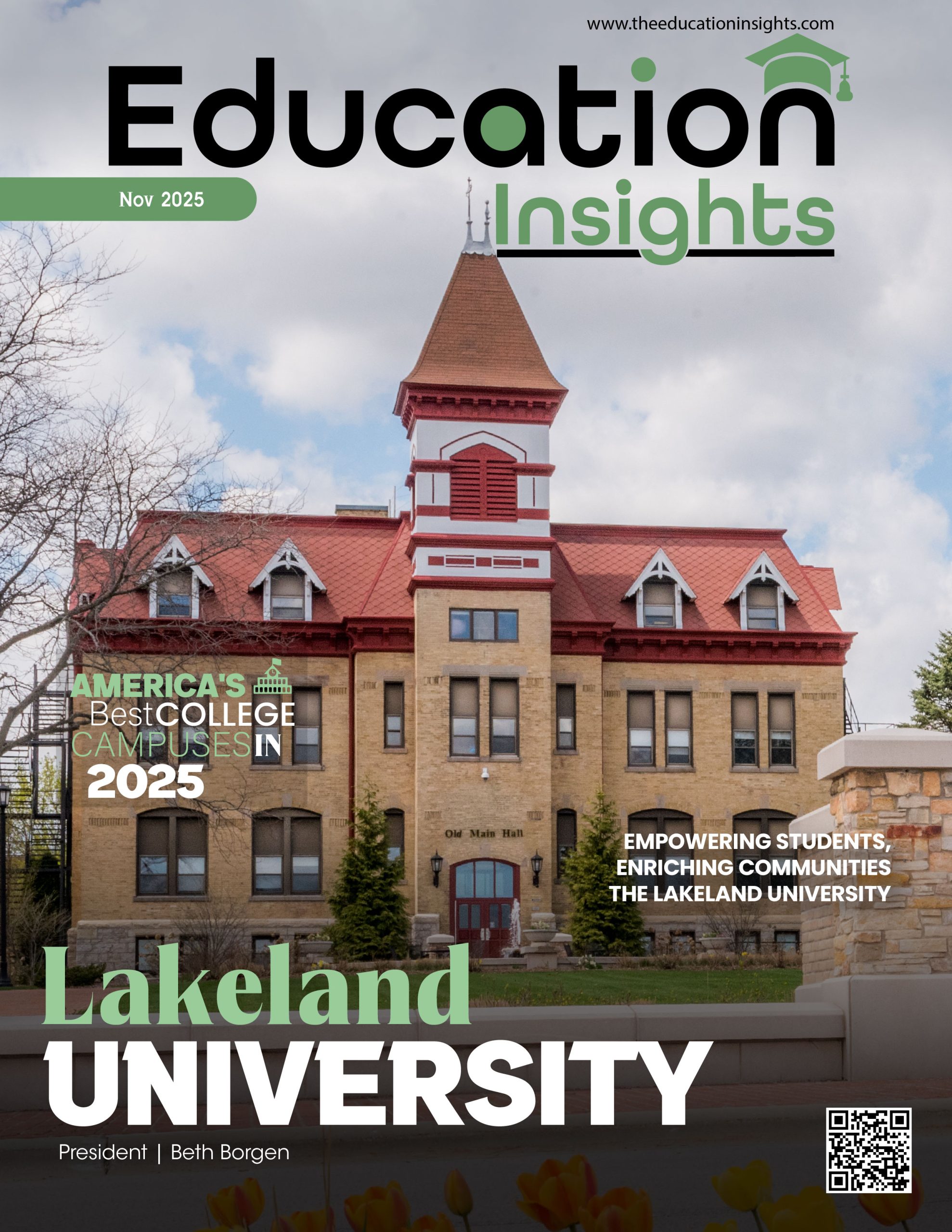The Advantages of Bilingual Education Bilingual education has been shown to boost children’s learning and even affect the shape of their brains. Read more about these advantages here.
Bilingual education is something that youngsters may benefit from for the rest of their lives in an increasingly tiny world. Bilingualism dramatically influences the brain and may lead to a wide range of academic, economic, and social prospects in adulthood.
Bilingual education is a powerful tool for accelerating children’s learning and even altering the shape of the human brain. This article discusses some of the most important advantages of obtaining a bilingual education and some factors parents should consider if they are contemplating a bilingual education for their kids.
The advantages of bilingual education span a lifetime and include a wide range of life experiences. Here are the eight most important:
Improved academic performance
When you combine all the cognitive advantages, you have a youngster who is well-equipped for academic success. The brain function of bilingual kids improves when the mind is forced to recognize, locate meaning, and communicate in various languages. Bilingual children have more cognitive flexibility, which allows them to think critically and analyze complicated material. Thirty-two-year research conducted by Thomas and Collier of George Mason University found that kids who had a bilingual education and spoke many languages outperformed their monolingual colleagues, particularly in arithmetic, reading, and vocabulary. The same NEA analysis revealed that multilingual youngsters regularly outperform those who only know a single language on standardized examinations.
Better memory
Children who study various languages have better recall and are more creative thinking. According to a 2013 study published in the Journal of Experimental Child Psychology, bilingual persons are typically better at remembering names, directions, and things than monolingual people.
Dementia resistance
Many of these advantages are focused on the short and medium term, although individuals may enjoy the benefits of multilingual schooling far into the old life. Recent Canadian research indicated that persons who speak more than one language acquire dementia symptoms an average of five years later and can deal with a higher degree of brain malfunction than their monolingual counterparts.
Increased economic possibilities
In an interconnected and fast-changing world, a multilingual workforce is becoming essential, and the capacity to do business in more than one language is becoming increasingly important. Bilinguals often occupy higher-level jobs and earn more excellent wages than monolinguals in the same sector. Because business is only becoming more global, having the capacity to engage with clients in more than one market will always be appealing to employers. It also provides opportunities for people who seek to relocate and work overseas. The need for bilinguals is steadily expanding. According to the New American Economy, the number of job ads needing multilingual abilities in the United States more than quadrupled between 2010 and 2015, reaching 630,000. A bilingual education puts a youngster ahead of the competition for these high-skilled occupations.
Make traveling more pleasurable.
Travel is becoming an increasingly important aspect of growing up in a globalized culture. As youth reach adulthood, an increasing number of individuals desire to go abroad in quest of adventure and discovery.
Individuals who speak a second language have a better chance of embracing the world that awaits them. Communicating directly with natives or other travelers instills confidence in situations that could otherwise be intimidating. Traveling may be an even richer experience when you have the gift of understanding the local language of the places you visit. You will be more able to make friends and enjoy new cultures.
Cultural understanding
Exposure to two languages helps pupils acquire an understanding of cultural diversity. Without the need for translation, students may connect with languages via folk stories, songs, idioms, and other sources of knowledge, resulting in more meaningful cultural exchanges. The sessions provide an excellent chance to educate youngsters about diversity and equality. Bilingual education programs often include a diverse range of races and socioeconomic backgrounds. Childhood exposure to cultural diversity contributes to developing a more tolerant person who favors equality in the current world.
Enhancements to the brain’s executive function
The executive function is a command system that controls our attention processes for planning, problem-solving, and other intellectually demanding activities. Bilingual persons can better separate important information from irrelevant information, concentrate more effectively, and make better decisions. Bilingual learners outperform monolingual learners in activities requiring multitasking, complicated decision-making, and problem-solving. It also results in less emotionally charged and more critically analyzed conclusions. We detach ourselves from prejudices or emotional links with specific notions and ideas when we work through an issue in a second or third language. It helps us to think more methodically and evidence-based to make conclusions based only on the facts.










